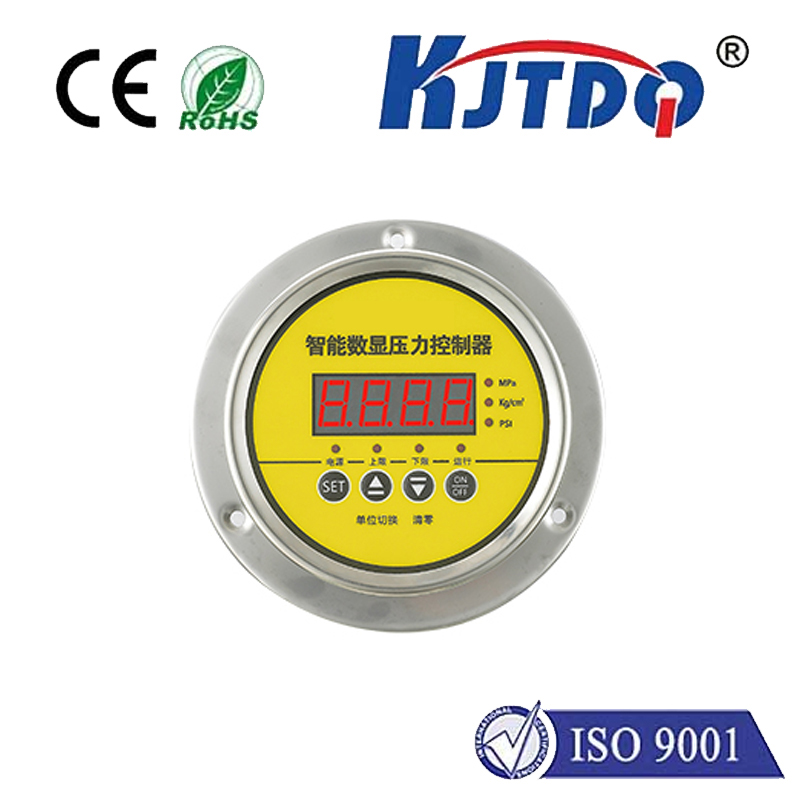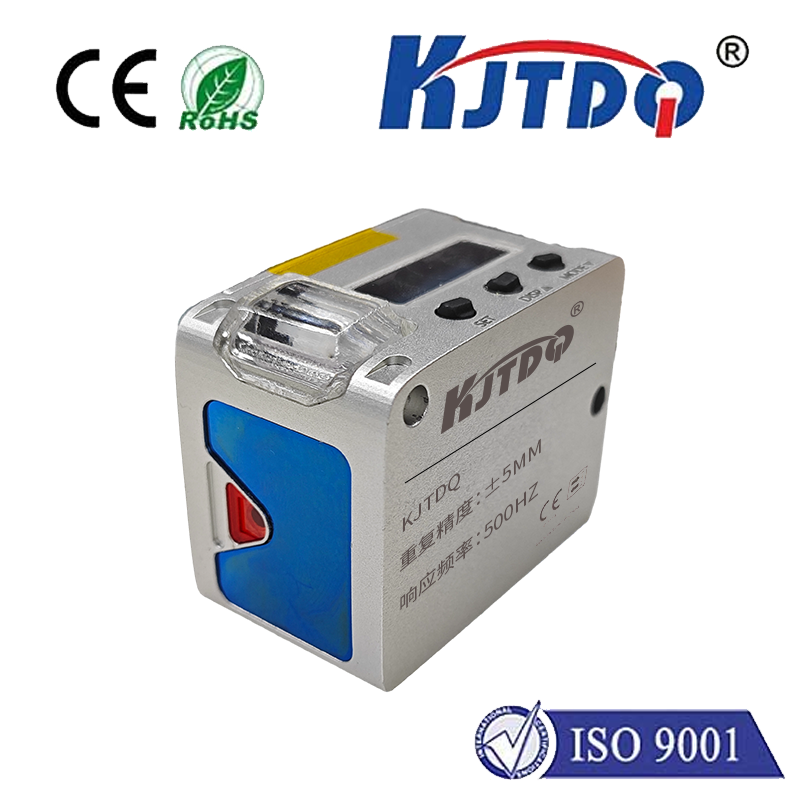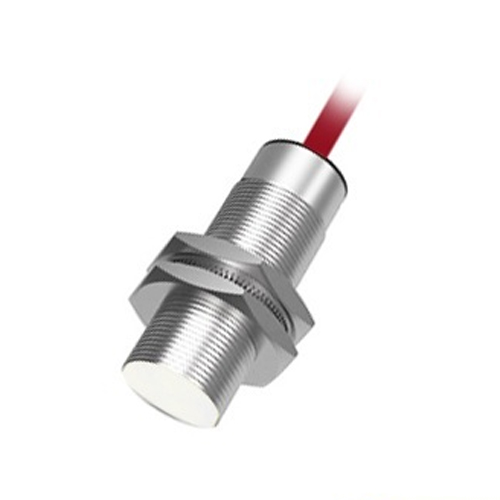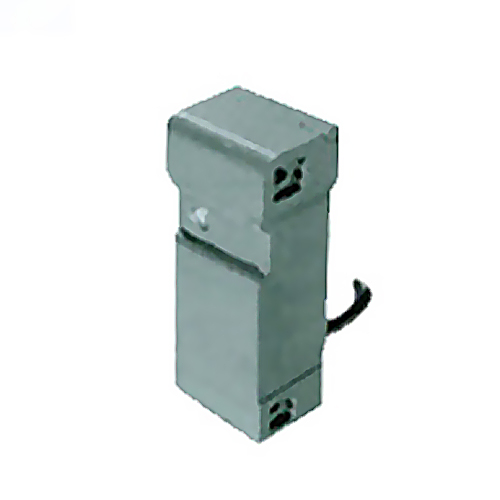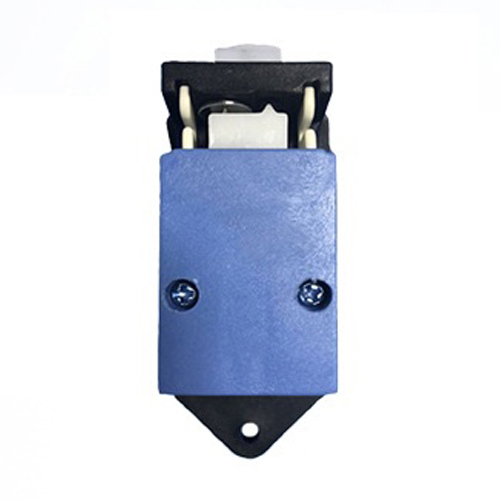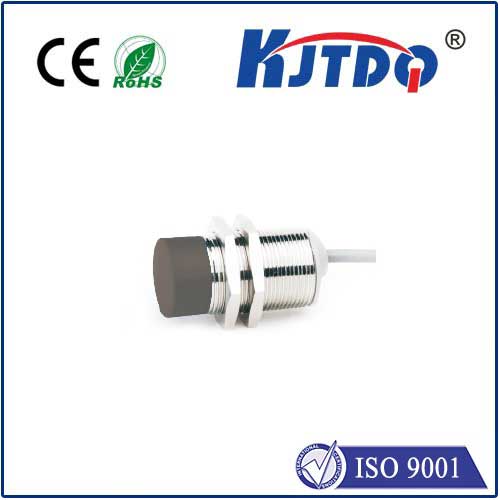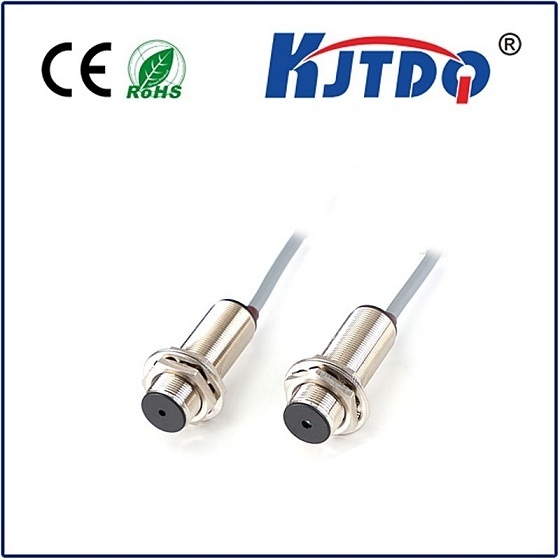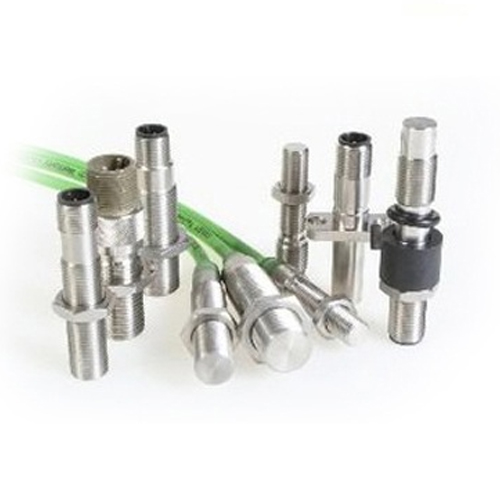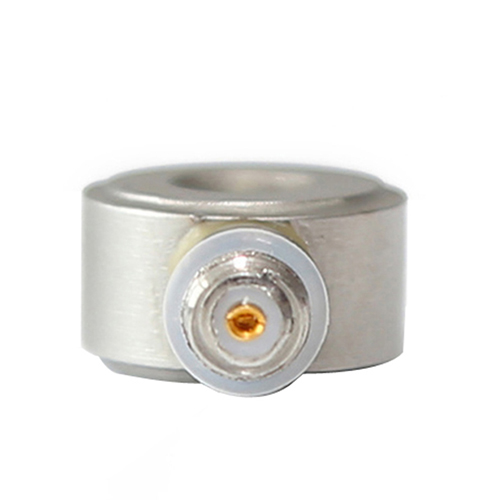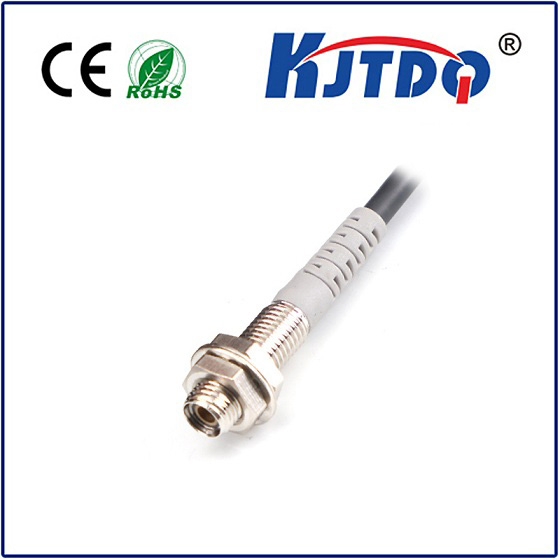

check

check

check

check

check

check

check

check

check

check
Title: Unleashing the Power of Laser Flow Sensors: Revolutionizing Measurement and Control
In today's fast-paced industrial landscape, accurate and reliable data collection is crucial for ensuring the smooth operation of production processes. The development of laser flow sensors has significantly transformed the way we measure and control flow rates in a variety of industries, from manufacturing and logistics to oil and gas exploration. By harnessing the power of laser technologies, these cutting-edge sensors offer exceptional precision, accuracy, and stability, making them an indispensable tool for modern businesses.

At their core, laser flow sensors rely on the use of a laser beam to measure the distance traveled by a fluid particle as it flows through a designated channel or tube. This simple yet elegant mechanism relies on the fact that the time taken for the laser beam to travel across the fluid and return to the sensor is directly proportional to the volumetric flow rate of the liquid. By analyzing this relationship, laser flow sensors can provide highly accurate and continuous measurements of flow rates, regardless of the size, viscosity, or composition of the fluid being measured.
One of the key advantages of laser flow sensors is their ability to operate continuously without interruption, thanks to their robust construction and advanced signal processing algorithms. These sensors are typically equipped with high-resolution optical encoders, which enable them to measure small variations in flow rates with remarkable accuracy. Additionally, many laser flow sensors feature built-in temperature and pressure compensation mechanisms, ensuring that they can accurately measure flow rates even in harsh environmental conditions such as high temperatures, high pressures, or low refrigeration temperatures.
Another significant benefit of laser flow sensors is their versatility in terms of application. These sensors can be used in a wide range of industrial processes, including fluid cooling systems, heat exchangers, boiler tubes, and pipelines. In addition, they can also be applied in non-industrial settings such as laboratory experiments and research studies. Whether you need to monitor the flow rate of water in a residential irrigation system or measure the speed of fuel droplets during an engine combustion process, laser flow sensors offer an unparalleled level of precision and accuracy that makes them ideal for any application where precise measurement is critical.
In conclusion, laser flow sensors represent a powerful new paradigm in measurement and control technology. Their ability to provide highly accurate and continuous measurements of flow rates, combined with their robust construction, advanced signal processing algorithms, and versatile application make them an indispensable tool for modern businesses operating in a variety of industries. As technology continues to evolve, it is likely that laser flow sensors will play an increasingly important role in shaping the future of industrial automation and measurement systems.
